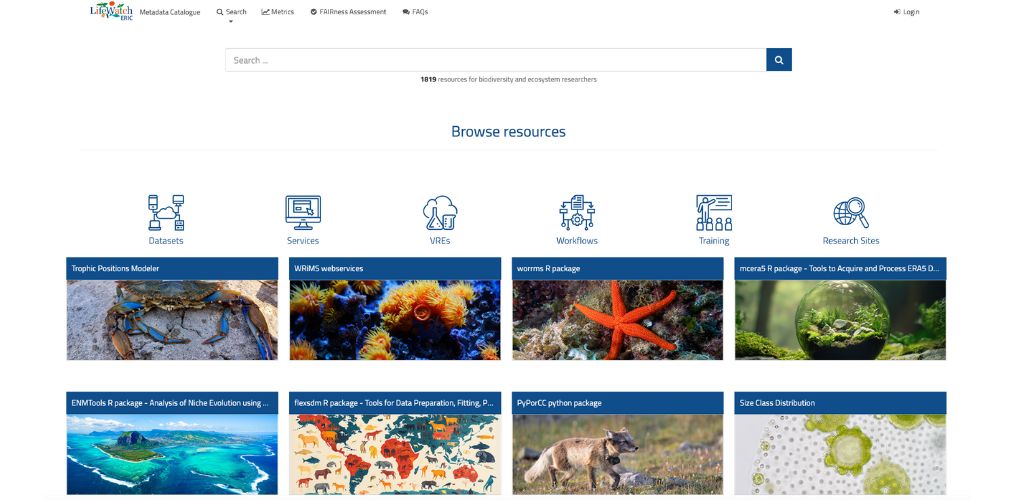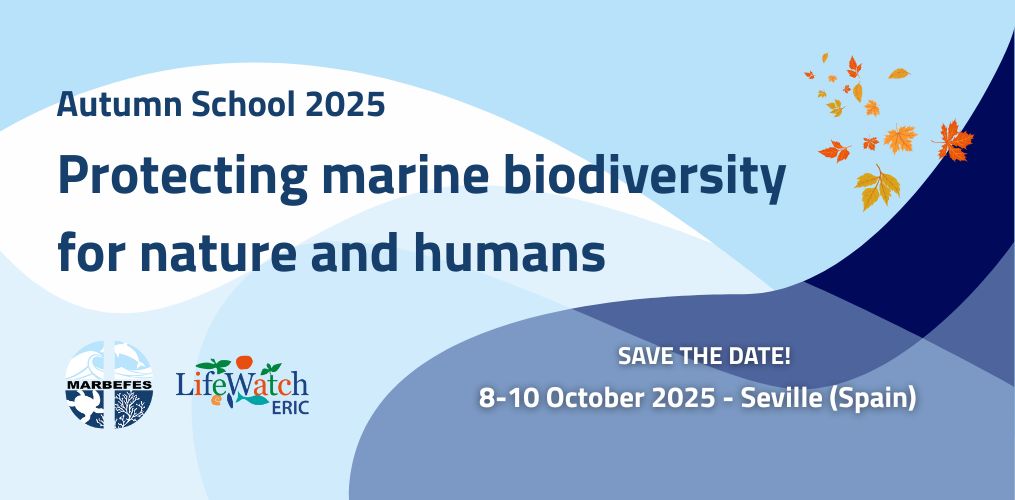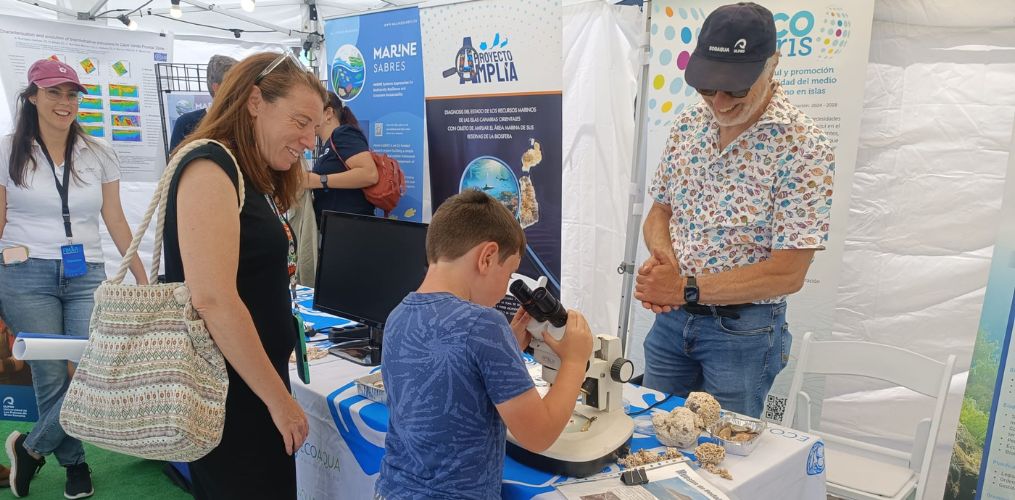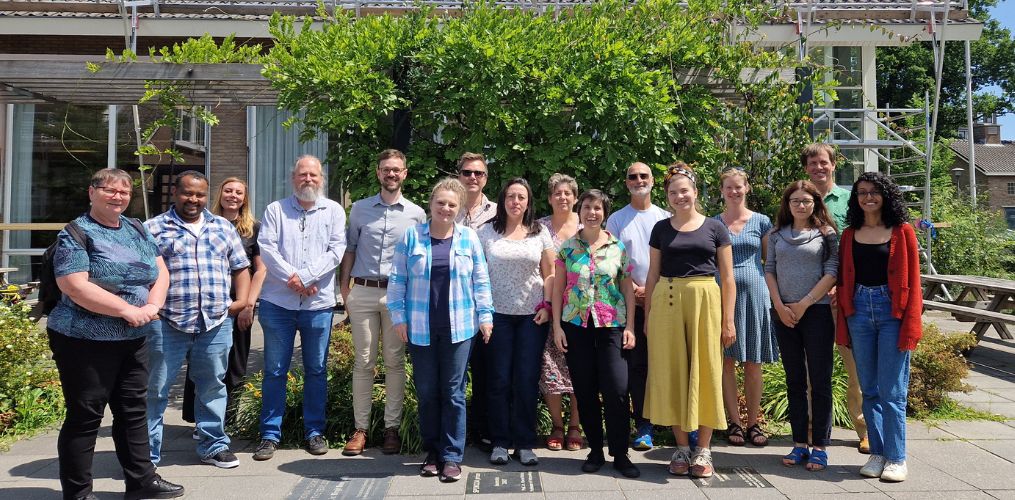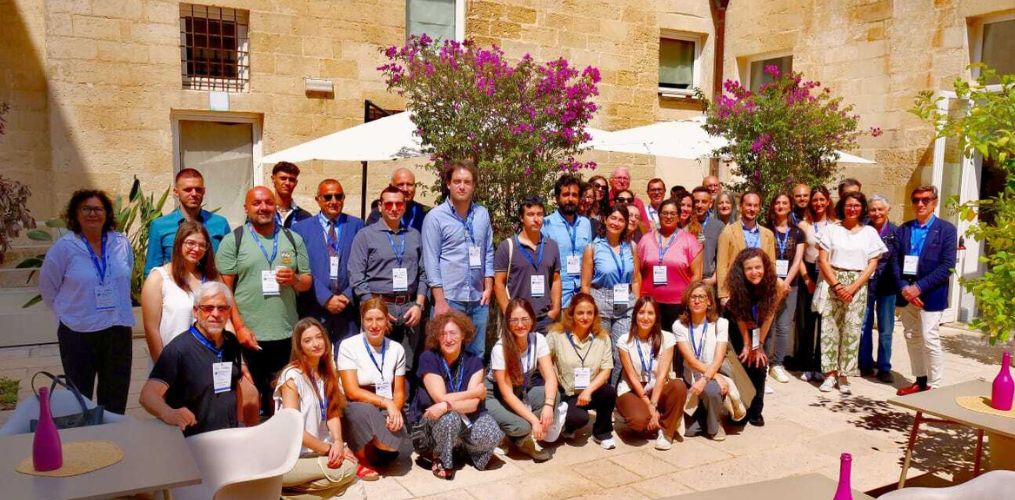We are thrilled to announce the new release of the LifeWatch ERIC Metadata Catalogue (https://metadatacatalogue.lifewatch.eu), a standard-based information management system based on GeoNetwork 4.2.11.
The system is designed and implemented to enable access to several resources from a variety of external providers, represented in the Catalogue as “groups”, through descriptive metadata, enhancing and promoting the information exchange and sharing among organisations and research infrastructures.
The Catalogue is operational since 2020: its main goal is to increase collaboration within and among organisations, in order to reduce duplication and enhance information consistency and quality. It also aims to improve the accessibility of a wide variety of resources along with the associated information, organised and documented in a standard and consistent way.
Moreover, the LifeWatch ERIC Metadata Catalogue allows (upon validation and verification) the creation of Digital Object Identifiers (DOIs) for resources that do not have it, by exploiting the GeoNetwork – DataCite connection.
The system allows to manage metadata related to five kinds of resources: Datasets, Research Site, Services, Virtual Research Environments (VREs), and Workflows by using the EML 2.2.0 and a customised ISO 19139 standards respectively. The new release adds a sixth one to the list, that is the “Training resource”, whose metadata schema is based on the EOSC training profile to ensure and improve the resource discoverability.
This version also includes significant performance improvements, bug fixes, and user interface upgrades to make your experience smoother and more intuitive.
Moreover, with this release, you can now explore several new functionalities:
- a more user-friendly editor with new functions to easily create metadata records (copy to function, prefill utility, validators, etc.);
- a direct connection with EcoPortal Thesauri and Controlled Vocabularies to address the metadata inconsistency or incompleteness challenge;
- a full redactional workflow to support and validate the entire publication process with appropriate roles and email notifications;
- an easy and improved approach to require the DOI;
- the FAIRness assessment tool, that allows to assess the FAIRness of the entire catalogue, by resource type and on specific metadata record;
- the continuous monitoring on reachability of URLs;
- the possibility to create new metadata profiles via user interface;
- more info for the users in terms of metrics and KPIs;
- direct connection with the LifeWatch ERIC Help Desk knowledge base to show the relevant FAQs.
The APIs are available here (https://metadatacatalogue.lifewatch.eu/doc/api/index.html). The new version of the documentation is under development and will be published soon. If you have any question, please do not hesitate to contact us at service.centre[at]lifewatch.eu.
